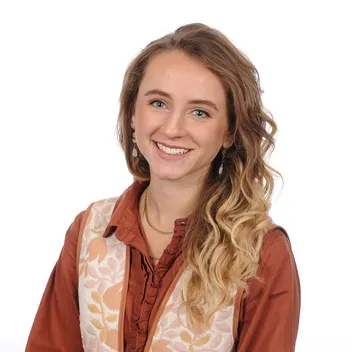Madison Sacramone
PhD student
Centre for Water Law, Policy and Science, Energy Environment and Society

Contact
Biography
An Urban Acupuncture approach to Catalysing thriving & inclusive places for lasting urban regeneration: Another Eden in the City of Dundee
Project Dates: October 2024 – October 2028
Supervisors: Professor John Rowan, Professor Graeme Hutton, and Caishlan Sweeney
As cities expand, communities are fragmenting. With grassroots efforts overstretched and councils underfunded, it’s time to shift from slow, large-scale regeneration to catalysts of community-led development—centred on amplifying local autonomy and fostering long-term, place-based stewardship for lasting urban regeneration.
This research explores methods for catalysing regeneration through an Urban Acupuncture (UA) approach. Urban regeneration is often delivered through master plans that promise a regenerative future; however, these costly, long-term investments can take decades to realise and often fail to meet the immediate needs of communities. Urban Acupuncture has the potential to support a sustainable path towards regeneration with human-scale, incremental, low-cost interventions that can be deployed quickly, remain adaptable, and generate lasting, transformative ripple effects.
Through a collaboration with the new Eden Project in Dundee, Scotland, a case study will explore how small-scale, site-specific interventions—whether physical, cultural, ecological, or digital—can heal the urban fabric and reconnect people, nature, and place. Prior to the opening of the eco-tourism site, the Eden Project’s locally-led meanwhile interventions embed regenerative values and civic care into everyday spaces and communities. This research will follow their impact and strategy in Dundee, alongside comparative case studies of successful community-institution collaborations.
The research applies multiple qualitative methods – a combination of desk-based study (review of local, national place policy and trends, case studies), practice-based analysis (digital and hand mapping to identify urban patterns), and participatory methods (ethnography, participatory mapping, and community engagement) to identify “pressure points” in the city where targeted interventions can catalyse broader transformation. These methods complement the UA approach, which views the city as a multi-layered living system and advocates for flexible, context-sensitive regeneration rooted in place narratives— physical and sentient (history, culture, ecology, and local identity).
There is a growing demand for place-first principles and more inclusive, locally attuned planning strategies—especially in cities undergoing rapid transformation like Dundee. There is a clear need for new frameworks that are both resilient and responsive. Urban Acupuncture offers a pathway forward: enhancing collaboration between institutions and communities and supporting delivery through urban support networks.
In alignment with national and international place policy, the project aims to deliver a processual framework and toolkit for catalysing inclusive urban regeneration that serves people and planet, designed to be adaptable to diverse urban contexts.
Ultimately, this research will explore how small, strategic interventions—Urban Acupuncture points—can catalyse thriving, inclusive, and lasting change in cities by embedding regeneration into the everyday ecosystems of communities.